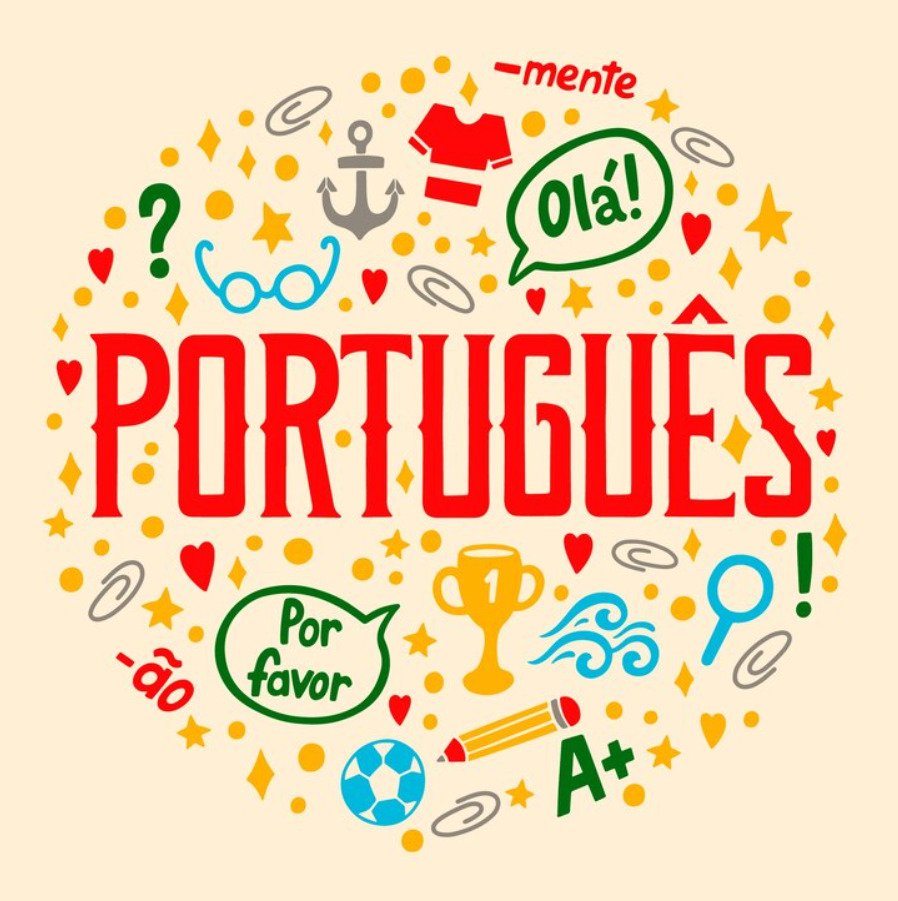In 2024, long weekends in Portugal promises to be a year filled with exciting opportunities for travelers and locals alike, thanks to a calendar that offers an array of long weekends in Portugal and well-deserved day off. These extended weekends are a delightful gift for those seeking to explore the country’s diverse landscapes, from the pristine beaches of the Algarve to the historic cities of Lisbon and Porto, and the picturesque Douro Valley. With a calendar peppered with public holidays strategically falling on Fridays or Mondays, 2024 is the perfect time to plan your escapes, immerse yourself in Portugal’s rich culture, and savor its delectable cuisine. Whether you’re a nature enthusiast, a history buff, or a food lover, these long weekends and day off will provide ample chances to indulge your passions and create unforgettable memories in this enchanting European destination.
Day off app. is a vacation tracker with the ability of importing the long weekends from google calendar and helps you in tracking your employees’ days off.
Long Weekends In Portugal
1.New Year’s Day, Jan 1
2.Good Friday March 29
3.Liberation Day April 25
4.Corpus Christi May 30
5.National Day June 10
6.Assumption Day August 15
7.All Saints Day November 1
Long Weekends In Details
New Year’s Day, December 30 to Jan 1 (Saturday to Monday)
known as “Dia de Ano Novo” in Portugal,
Traditional meals and fireworks at midnight are common customs, and people exchange warm wishes. It’s a public holiday, providing a chance for relaxation and reflection as Portugal ushers in a new beginning filled with hope and optimism.
Good Friday March 29 to March 31 (Friday to Sunday)
known as “Sexta-feira Santa” in Portuguese,
it commemorates the crucifixion of Jesus Christ. On this day, people attend church services, participate in processions, and reflect on the religious significance of the event. Families also come together for special meals, featuring traditional dishes like bacalhau (salted codfish) and folar (sweet bread), making it a time for both religious reflection and cultural traditions in Portugal.
Liberation Day April 25 to April 28 (Thursday to Sunday)
known as “Dia da Liberdade” in Portuguese,
It commemorates the peaceful Carnation Revolution of 1974, which ended decades of authoritarian rule and ushered in democracy. Red carnations symbolize this revolution. Portuguese people observe this day with parades, concerts, and cultural events, reflecting on their hard-won freedom and unity as a nation.
Corpus Christi May 30 to June 2 (Thursday to Sunday)
is a significant religious holiday in Portugal, celebrated with grand processions featuring intricate flower petal carpets. This cultural and religious event, occurring on the ninth Thursday after Easter, combines artistic creativity and deep spirituality, bringing communities together to honor the Eucharist’s presence in a unique way.
National Day June 8 to June 10 (Saturday to Monday)
known as “Dia de Portugal”,
commemorates the legacy of Luís de Camões, a renowned poet, and celebrates the nation’s cultural heritage and achievements. It’s marked with parades, concerts, and fireworks, fostering a sense of national pride and unity.
Assumption Day August 15 to August 18 (Thursday to Sunday)
known as “Dia da Assunção” in Portuguese,
the Virgin Mary’s assumption into heaven. It’s marked by religious services, processions, and family gatherings with traditional Portuguese meals. This holiday also signifies the peak of the summer season, and many people take the day off to relax and enjoy outdoor activities.
All Saints Day November 1 to November 3 (Friday to Sunday)
known as “Dia de Todos os Santos” in Portuguese,
It is a day to honor and remember saints and deceased loved ones. People visit cemeteries to decorate graves with flowers and candles, creating a solemn and unified atmosphere. All Saints’ Day is both a religious and cultural occasion, and it is a public holiday, with many businesses and schools closed to allow people to participate in the traditions associated with this day.
